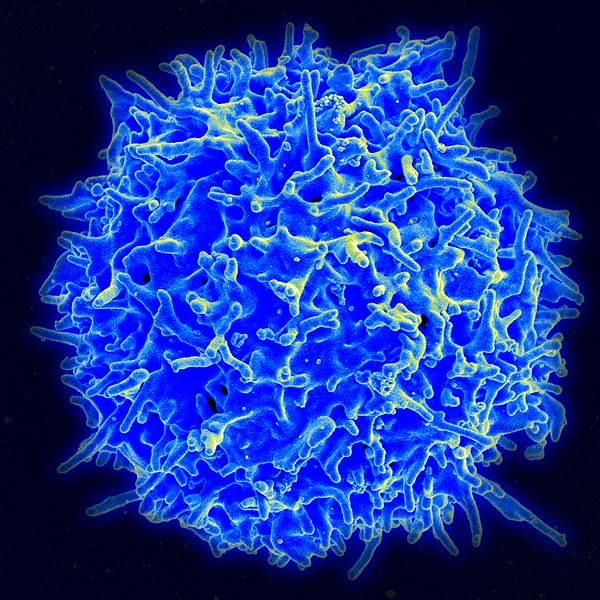A newly-engineered strain of mice whose dividing cells express a fluorescent protein could open the door to new methods of regulating cell growth in humans. Cell growth plays a key role in degenerative diseases, in which specific cells do not replicate enough, and in cancers, in which cells replicate too much.
Cells in the human body grow and multiply during body growth or during tissue regeneration after damage. However, most mature tissues require only rare cell divisions. Scientists who wish to study these rare populations of replicating cells face a serious obstacle: most current methods for labeling and identifying replicating cells involve procedures that kill the cells and destroy sensitive biological material. This limits the ability of scientists to examine important functions of these cells, such as the genes active in them.
Related articles
- Israeli Researchers Give Alzheimer’s To Flies To Understand Disease
- New Israeli Treatment Offers Hope For Cancer Patients
To address this problem, two Hebrew University of Jerusalem researchers, Prof. Yuval Dor from the Institute for Medical Research Israel-Canada (IMRIC) and Dr. Amir Eden from the Alexander Silberman Institute of Life Sciences, together with colleagues in Denmark and the U.S., created a mouse strain in which replicating cells express a fluorescent protein which is destroyed once cell division is completed. In all tissues of these mice, replicating cells are labeled by green fluorescence, which allows identification and isolation of live, replicating cells directly from healthy or diseased tissue.
A cell divided cannot stand
Using this system, research associate Dr. Agnes Klochendler and PhD student Noa Weinberg-Corem at the Hebrew University were able to isolate a rare population of replicating cells from the livers of mice, and study the genes that they express compared with resting liver cells. Interestingly, they found that in replicating liver cells there is a significant decrease in the expression of genes responsible for key liver functions such as fatty acid and amino acid metabolism.
The research results indicate that when differentiated cells divide, they temporarily shift to a less differentiated state. This finding is important to our understanding of the difference between the two fundamental states of differentiation and growth in normal cells. It is also relevant for the situation in cancer, where cells are growing and often less differentiated.
Sign up for our free weekly newsletter
SubscribeIn the future, the researchers hope to develop methods for regulating cell growth. For example, isolation and study of the rare replicating cells in the pancreas could lead to development of approaches to promote the growth and expansion of insulin-producing cells, whose loss is the hallmark of diabetes.
A new method of studying cell activity
This could also be useful in other areas such as cancer and regenerative biology. By distinguishing between abnormally expressed genes in tumors and the genes associated with normal cell divisions, researchers may be able to identify cancer-specific replication markers with a potential to become new drug targets. Similarly, scientists could analyze the effects of specific drugs on the biology of replicating cells, providing important clues for regenerative medicine.
The study, A Transgenic Mouse Marking Live Replicating Cells Reveals In Vivo Transcriptional Program of Proliferation, was funded by the European Union and is published in the October issue of Developmental Cell.
Photo by Wikimedia Commons
Related posts

Israeli Medical Technologies That Could Change The World

Harnessing Our Own Bodies For Side Effect-Free Weight Loss

Missing Protein Could Unlock Treatment For Aggressive Lung Cancer




Facebook comments